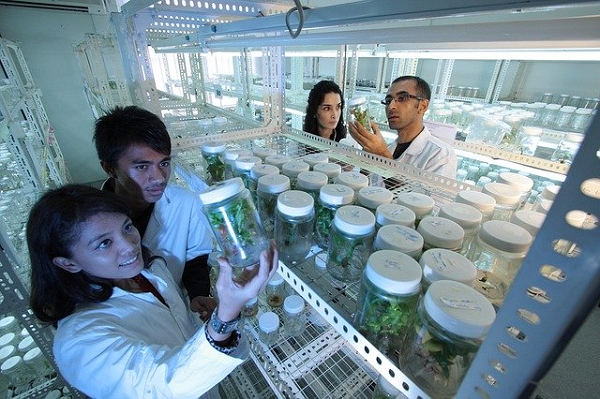
Bioethics is a field concerning itself with ethical implications of scientific research and its practical use, mainly in areas such as medicine, health care, agriculture, and the environment.
Christian churches often express their opinions on topics of bioethics because they are interested in the moral aspects of scientific progress.
Although many topics in bioethics are probably as old as philosophy itself, since about the 1960s research advances in medicine, biotechnologies, and similar fields have accelerated and given rise to bioethics as a distinct philosophical discipline that has something to say about these activities from the moral point of view. The starting point for bioethics is essentially a view (some would say a “recognition”) that not everything that is possible to do in research and its applied use is also good to do. Bioethics typically deals with topics concerning human life, such as euthanasia, abortion, handling of human embryos, ethical questions of organ transplantation, experimenting on people, cloning, and genetic engineering. The range of these issues is gradually extending to environmental issues, animal rights, and even living in space. Although the boundaries of the discipline are not very clear, most people agree on the fact that science and research cannot be detached from ethical values. Nazi practices during the holocaust, for instance, provide very real and horrible examples of what can happen if scientists and society as a whole take such a detached view.
Bioetika je obor, který se zabývá etickými dopady vědeckého výzkumu a jeho praktického použití, zejména v oblastech jako je medicína, zdravotní péče, zemědělství a životní prostředí.
Křesťanské církve se často vyjadřují k tématům bioetiky, protože se zajímají o morální aspekty vědeckého pokroku.
Ačkoliv jsou mnohá bioetická témata stejně stará jako filosofie sama, zhruba od 60. let 20. století, pokrok ve výzkumu medicíny, biotechnologií a podobných oborů urychlil a nakonec vedl ke vzniku bioetiky jako oddělené filozofické disciplíny, která má co říci k těmto aktivitám z morálního hlediska. Výchozím bodem bioetiky je v zásadě stanovisko (někteří by řekli „rozpoznání“), že ne vše, co je možné dělat ve výzkumu a jeho aplikovaném použití, je také dobré dělat. Bioetika se typicky zabývá tématy souvisejícími s lidským životem jako eutanázie, potraty, zacházení s lidskými embryi, etické otázky transplantace orgánů, experimentování na lidech, klonování nebo genetické inženýrství. Záběr témat se postupně rozšiřuje o témata z oblasti životního prostředí, práv zvířat nebo dokonce života ve vesmíru. Ačkoli hranice disciplíny nejsou zcela zřetelné, většina lidí se shodne na faktu, že výzkum a věda nemůže být oddělena od etických hodnot. Nacistické praktiky v období holokaustu například představují velmi reálný a hrozný příklad toho, co se může stát, když vědci i společnost jako celek takto oddělený přístup zaujmou.
English Editorial Services’ mission is to assist international businesses and organizations of all sizes to communicate clearly, correctly, and persuasively with their business partners and target audiences.
Simply subscribe to receive our Business Term of the Day at no charge to your inbox each business day, with explanation in English and Czech.



English Editorial Services’ mission is to assist international businesses and organizations of all sizes to communicate clearly, correctly, and persuasively with their business partners and target audiences.
Simply subscribe to receive our Business Term of the Day at no charge to your inbox each business day, with explanation in English and Czech.

